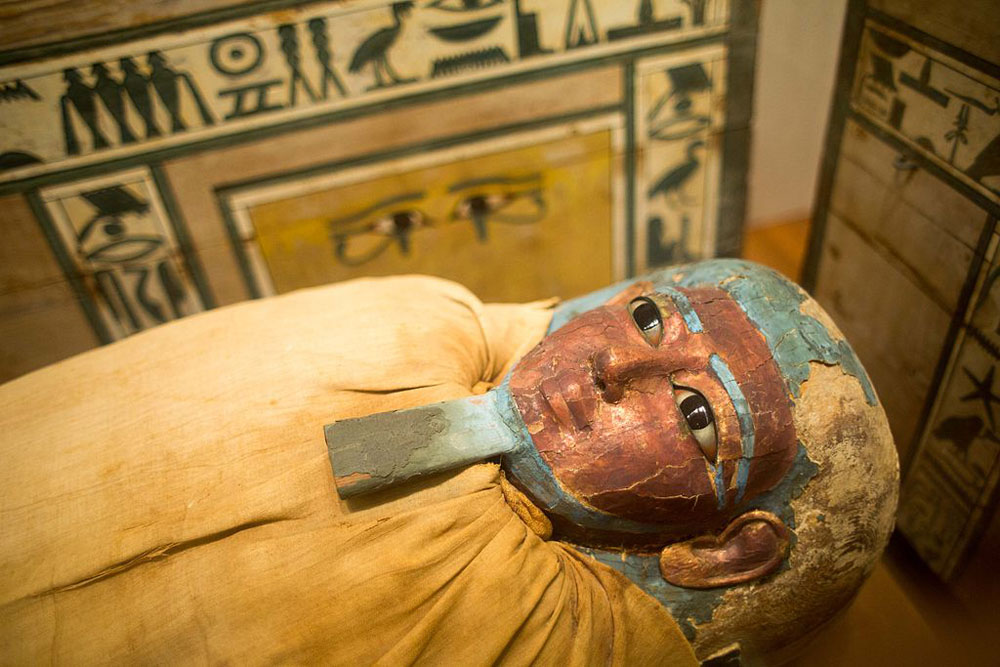
March 19, 2020; New York Times
NPQ has been laser-focused on the importance of the nonprofit sector in this moment of societal upheaval—both the economic stress it is under and the unique value of its contributions to individuals and communities. If you’ve thought we were overhyping the threat, consider this description by the New York Times’ Robin Pogrebin of the immediate effects on a pillar of the nonprofit arts community, New York City’s Metropolitan Museum of Art.
The museum serves more than 7 million visitors annually, has an annual budget of more than $500 million, and an endowment of $3.85 billion. According to its most recent annual report, the Met “closed the year with an operating deficit of $1.9 million…a significant improvement over last year’s deficit of $8.3 million, and we continue to make progress in our work toward a balanced budget in fiscal year 2020.”
The Met is in a much stronger financial position than it was in 2016, and we are ready to move forward with our long-term goals—investing in programs, staff, and infrastructure—by maintaining a healthy budget and prioritizing our investments with a balanced perspective.
COVID-19 has tossed all that good planning and effective management out the window. On March 12th, as the city struggled to get control of the virus’s spread, the Met closed its doors. Earlier this week, according to the New York Times, museum leadership said they were “projecting a total shortfall of close to $100 million for the near future and expects to be closed until July.” Daniel H. Weiss, the president and chief executive, says, “We’re trying to be as proactive as we can in an environment of profound uncertainty. It became clear to us that this is a very big deal, and it requires very significant action right away.”
Sign up for our free newsletters
Subscribe to NPQ's newsletters to have our top stories delivered directly to your inbox.
By signing up, you agree to our privacy policy and terms of use, and to receive messages from NPQ and our partners.
The museum will lose revenue until it reopens, and once it does, the new environment that will greet it will require them adjustments to programs and services and expenses tailored to that different reality.
The Met can approach this difficult transition from a position of operational, reputational, and fiscal strength. Not all arts and nonprofit organizations are so fortunate, but they too must address the same challenges. For example, the Tenement Museum on Manhattan’s Lower East Side has also closed its doors. It entered this moment with an endowment of less than $3 million and relied on earned revenues for 75 percent of its annual budget. It’s already had to reduce its staff by 20 percent, and museum president Morris Vogel says budget projections take it to the start of July with no revenue. That’s scary even before considering the $9.5 million in bonds the institution owes, with covenants that restrict its ability to borrow money. “We still have to make those monthly payments,” Vogel notes.
According to Laura Lott, the president and chief executive of the American Alliance of Museums, this reality is more typical. “Many museums are using any reserves they have to get through the next month. About a third of museums surveyed in the United States were operating in the red or close to it before coronavirus…three-quarters have now closed, and one-third will not reopen if the crisis continues. This situation is by far more dire than anything I have experienced in my 25 years of being an arts finance professional.”
Substitute the area of the nonprofit sector of your choice for “arts,” if you like. The few organizations with deep resources like the Met might be able to handle it alone, making difficult but survivable changes. The larger number cannot and will find it difficult to keep going.
As more than 100 organizations and coalitions reminded Congress in a recent letter, the national effort to respond to the unprecedented human and organizational challenges of COVID-19 desperately needs to include the sector: “Without dramatic and immediate financial and programmatic backstop from government, America’s charitable nonprofits and the people we serve face a precipitous decline in mission services at a time when our efforts are needed like never before.” If you’re convinced, take a moment to tell your senators and representatives before it is too late.—Martin Levine













